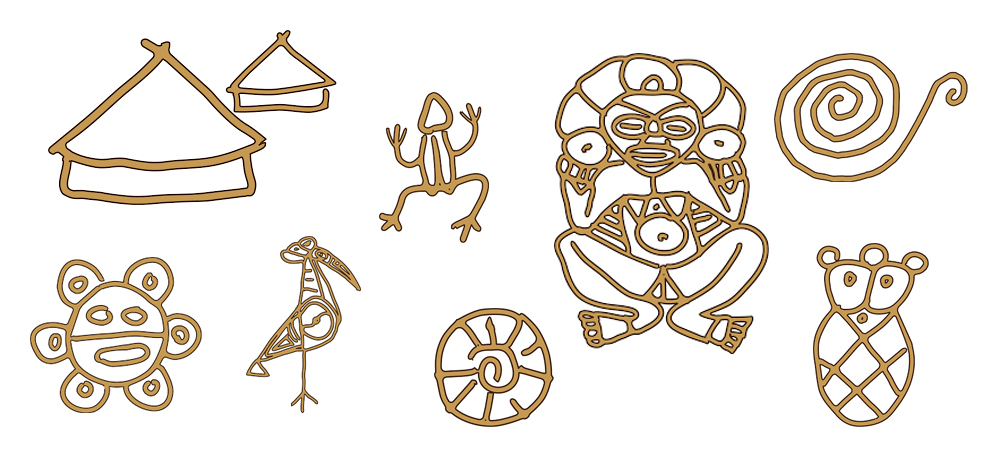“According to Spanish accounts, [Taínos] went extinct 30 years after [European] contact,” Jorge Estevez, an expert on the indigenous group at the Smithsonian Institution’s National Museum of the American Indian, told Science Mag. But growing up in the Dominican Republic and NYC, Estevez learned about their stories and even identified as Taíno – only to have his teachers dismiss his declarations. Now, there’s evidence that suggests European colonization in the Caribbean didn’t completely wipe out this culture and that “indigenous ancestry in the region has survived through the present day.” A new study of an 1,000-year-old skeleton from the Bahamas has revealed that modern-day Puerto Ricans share a genetic connection to the pre-Columbian population.
RELATED: Puerto Rico Is Going Through a Mental Health Crisis. Here’s How You Can Help
In the early 2000s, archaeologists headed to the Bahamas to learn more about Puritans who landed on Eleuthera. Once there, they found artifacts and burials linked to pre-Columbian culture. Though they knew testing for DNA would pose challenges – hot, humid climates break down genetic information more quickly – they found one tooth they could test belonging to a woman who lived about 1,000 years ago. Ancient DNA researcher Hannes Schroeder and his team found that her genome closely resembled those of Arawakan speakers from South America, suggesting that her ancestors migrated from South America to the Caribbean.
Though Caribbean populations have indigenous, European, and African ancestry, scientists believed the indigenous DNA came from enslaved native groups brought to the islands. “Puerto Ricans, for example, harbor between 10 and 15 percent Native American ancestry; however, it is unclear to what extent this component reflects Taino ancestry,” according to the study published in the Proceedings of the National Academy of Sciences. But when Schroeder then compared the genomes of modern Puerto Ricans and the ancient Taino woman, he found present-day boricuas come from a group associated to hers.
“It’s almost like the ancient Taino individual they’re looking at is the cousin of the ancestors of people from Puerto Rico,” said geneticist Maria Nieves-Colón. “You know what? These people didn’t disappear. In fact, they’re still here. They’re in us.”
The scientists tried the same tests with other Caribbean populations, but because of “low amounts of Native American ancestry,” they couldn’t “replicate the results.” Read more of the study here.



